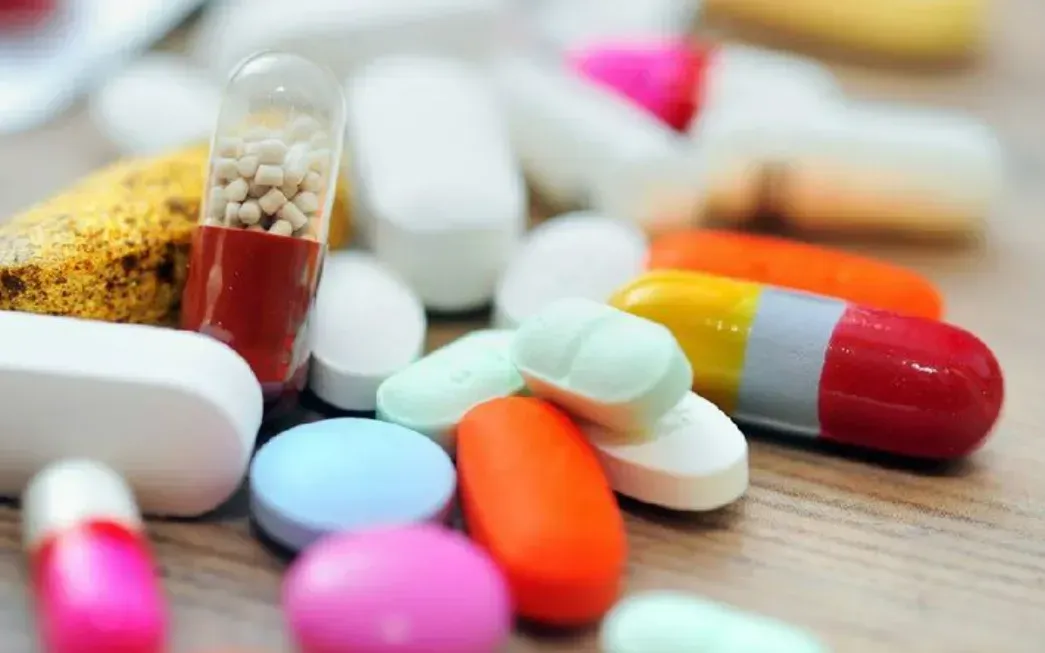
Illustration photo.
Ms. Gan Siow Huang, an official of Singapore's Ministry of Trade and Industry, said on October 14 that the US has postponed imposing tariffs on the country's pharmaceutical exports to give companies more time to negotiate exemptions.
The Trump administration has previously announced that it will impose a 100% tariff on all branded pharmaceutical products starting October 1 unless pharmaceutical companies build manufacturing plants in the United States. Branded or patented drugs are drugs sold under a patent-protected brand name. When the patent expires, generic versions of the drug can be sold by other companies.
Speaking in Singapore's Parliament , Ms Gan Siow Huang said the implementation of the tariff was later delayed to give pharmaceutical companies time to negotiate exemptions with the US government.
Ms Gan Siow Huang said Singapore's pharmaceutical exports to the US will average S$3.7 billion (US$2.8 billion) per year from 2022 to 2024. She added that eight of the world's top 10 pharmaceutical companies have manufacturing, research and development operations in the island nation, and pharmaceuticals account for 13% of Singapore's total exports to the US.
Ms Gan Siow Huang said the Singapore government has been engaging with Singapore-based pharmaceutical companies on the impact of US tariffs, and many of them have plans to build or expand facilities in the US. Ms Gan said these companies are waiting for more details from the US government to confirm that their plans qualify for tariff exemptions.
Singapore is heavily reliant on international trade and vulnerable to any global economic slowdown caused by US tariffs. Singapore's Ministry of Trade and Industry said on October 14 that preliminary estimates showed the economy grew 2.9% in the third quarter from a year earlier, slowing from the previous three months as US tariffs weighed on key manufacturing segments.
Singapore's economy grew 2.9% in the third quarter of 2025, down slightly from 4.5% growth in the previous quarter but higher than the 2% growth expected by economists in a Bloomberg survey, according to data released by the Ministry of Trade and Industry on October 14. According to seasonally adjusted figures, Singapore's economy grew 1.3%, slightly slower than the 1.5% growth in the previous quarter.
In a separate statement, the Monetary Authority of Singapore (MAS) said the economy grew 3.9% in the first three quarters of 2025, faster than the same period last year. MAS assessed that the output gap would remain positive for the full year. However, the central bank added that Singapore's gross domestic product (GDP) growth is expected to slow in the coming quarters as activity in trade-related sectors normalizes.
Singapore’s exports to the US are subject to a 10% base tariff, despite the US having signed a free trade agreement with Singapore since 2004. Sector-specific import tariffs could hurt demand for Singapore products, including semiconductors, consumer electronics and pharmaceuticals, which Singapore’s central bank said in July 2025 accounted for 40% of Singapore’s exports to the US.
Previously, medical research organization Hilleman Laboratories said it did not expect a direct impact of US tariffs on its operations in Singapore, but warned of the potential for spillover effects as the interconnected nature of global supply chains could have knock-on effects. In addition, Hilleman Laboratories said tariffs pose a risk of increased costs, which could impact affordability and create access challenges, especially for vulnerable populations. Changes in trade policy could impact progress, supply, and partnerships.
Biotech company BioNTech said it was "closely monitoring the situation" despite having manufacturing facilities in the US. Meanwhile, pharmaceutical company GSK stressed it was "working constructively" with the US government.
Dr Deborah Elms, head of trade policy at the Hinrich Foundation, a charity, said that even within a company, different products may be subject to tariffs or not. If pharmaceutical companies start building factories in the US to get tariff exemptions, “that doesn’t really solve the problem.” Dr Deborah Elms also said tariffs could be a problem because Singapore is increasingly focused on manufacturing pharmaceuticals for export, and the US is an important market.
Source: https://vtv.vn/my-hoan-ap-thue-doi-voi-duoc-pham-cua-singapore-100251014194501788.htm



![[Photo] Ready for the 2025 Fall Fair](https://vphoto.vietnam.vn/thumb/1200x675/vietnam/resource/IMAGE/2025/10/14/1760456672454_ndo_br_chi-9796-jpg.webp)


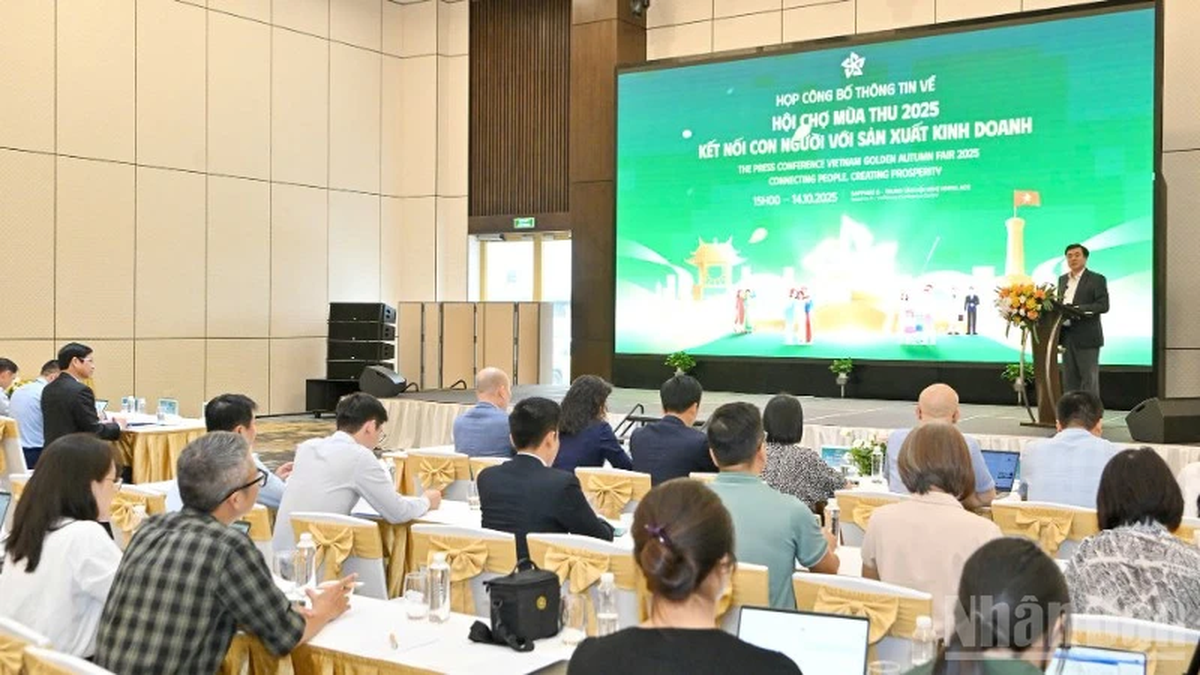
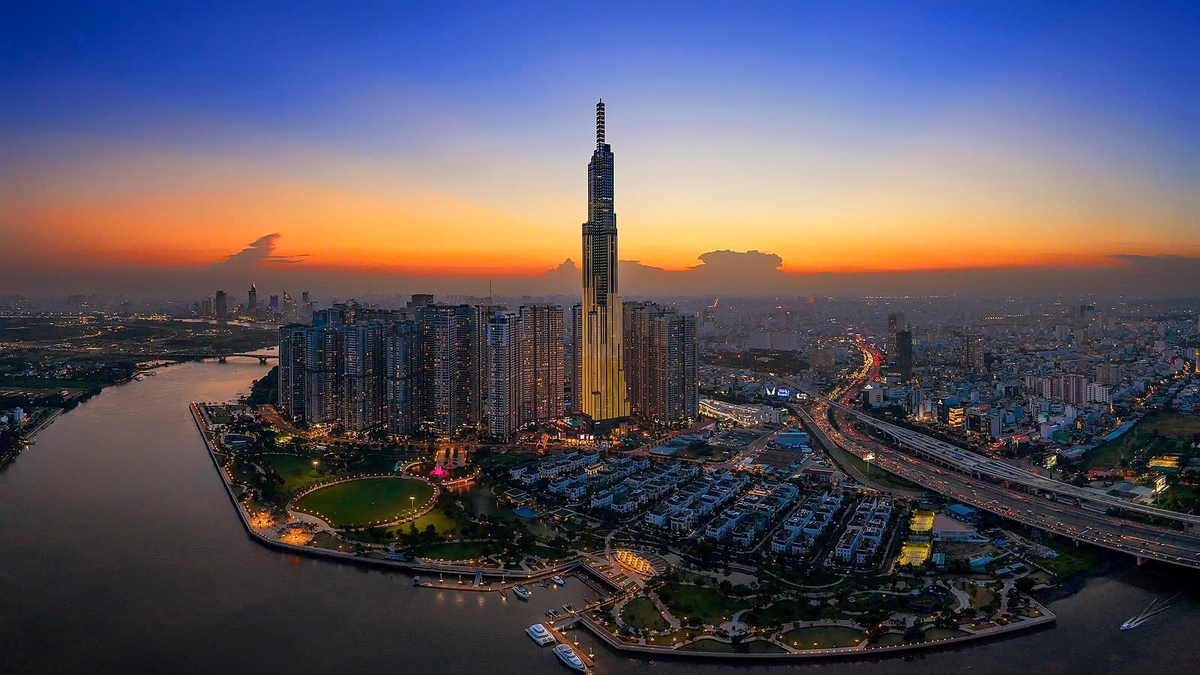
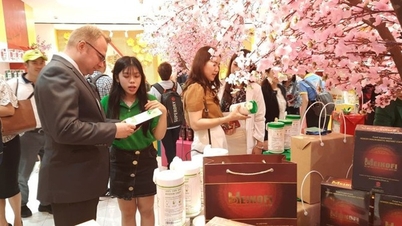

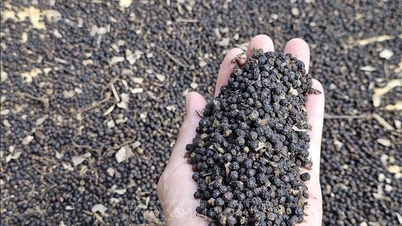

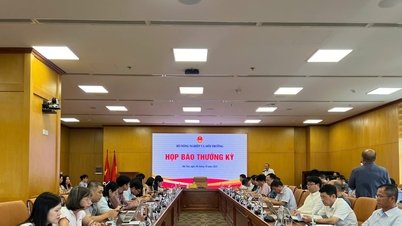

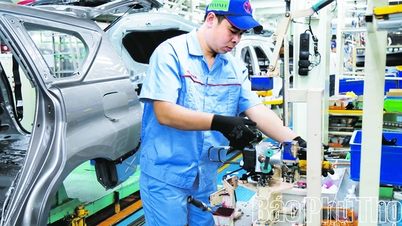




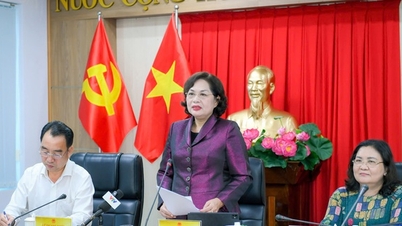

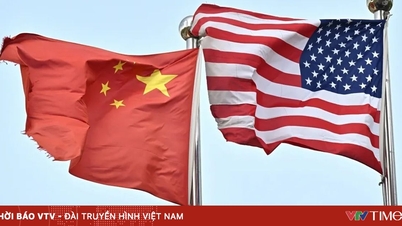
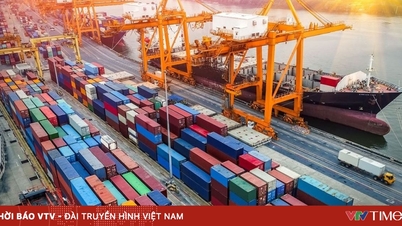
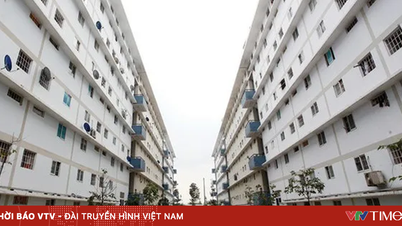
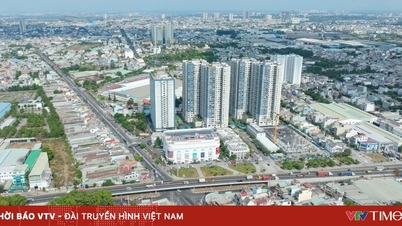




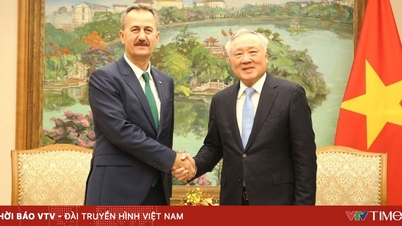
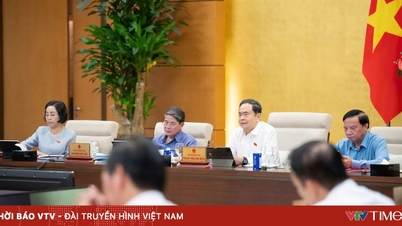
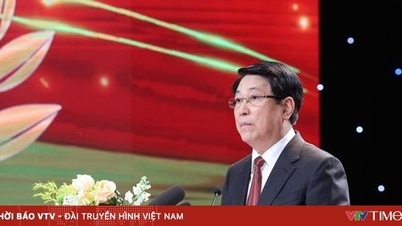
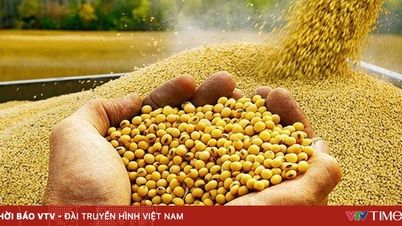
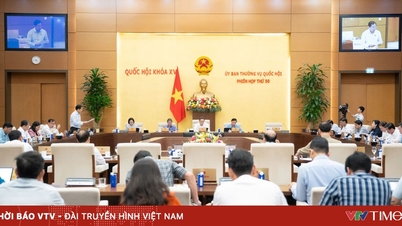

























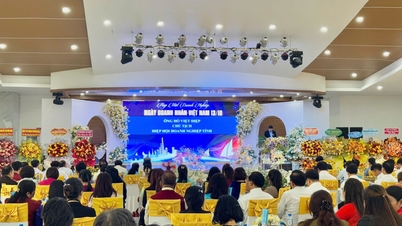
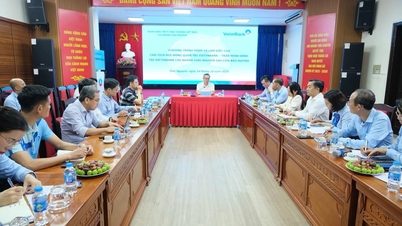











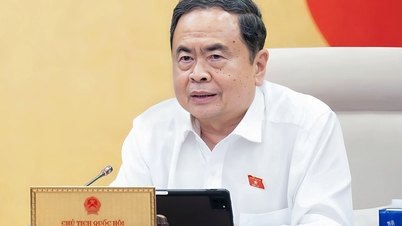
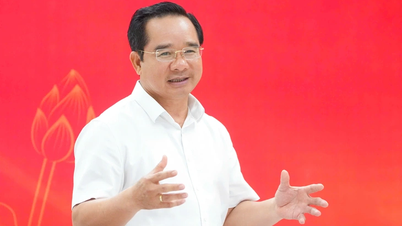


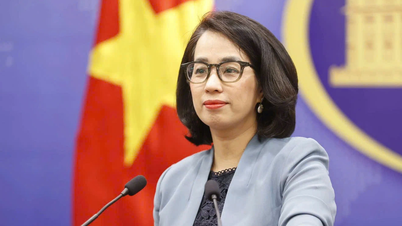

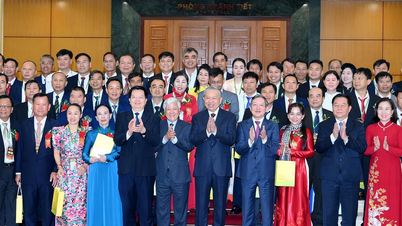
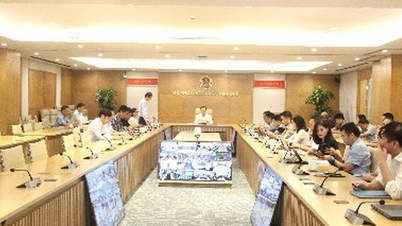

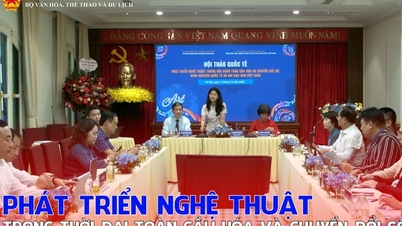


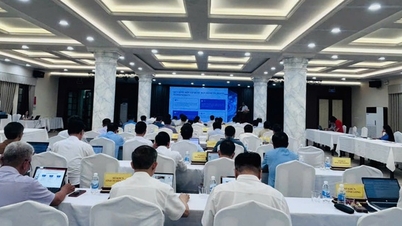
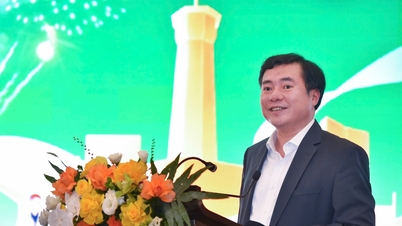

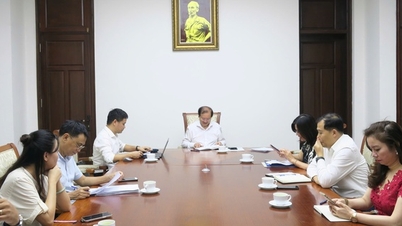



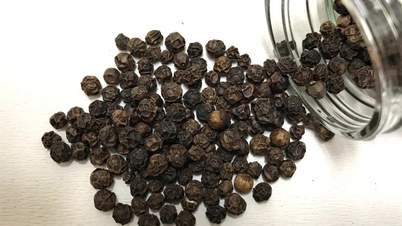

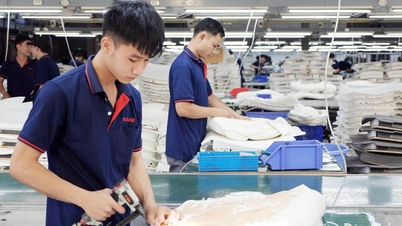


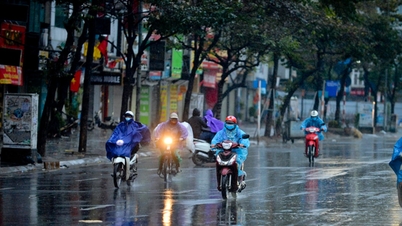














Comment (0)